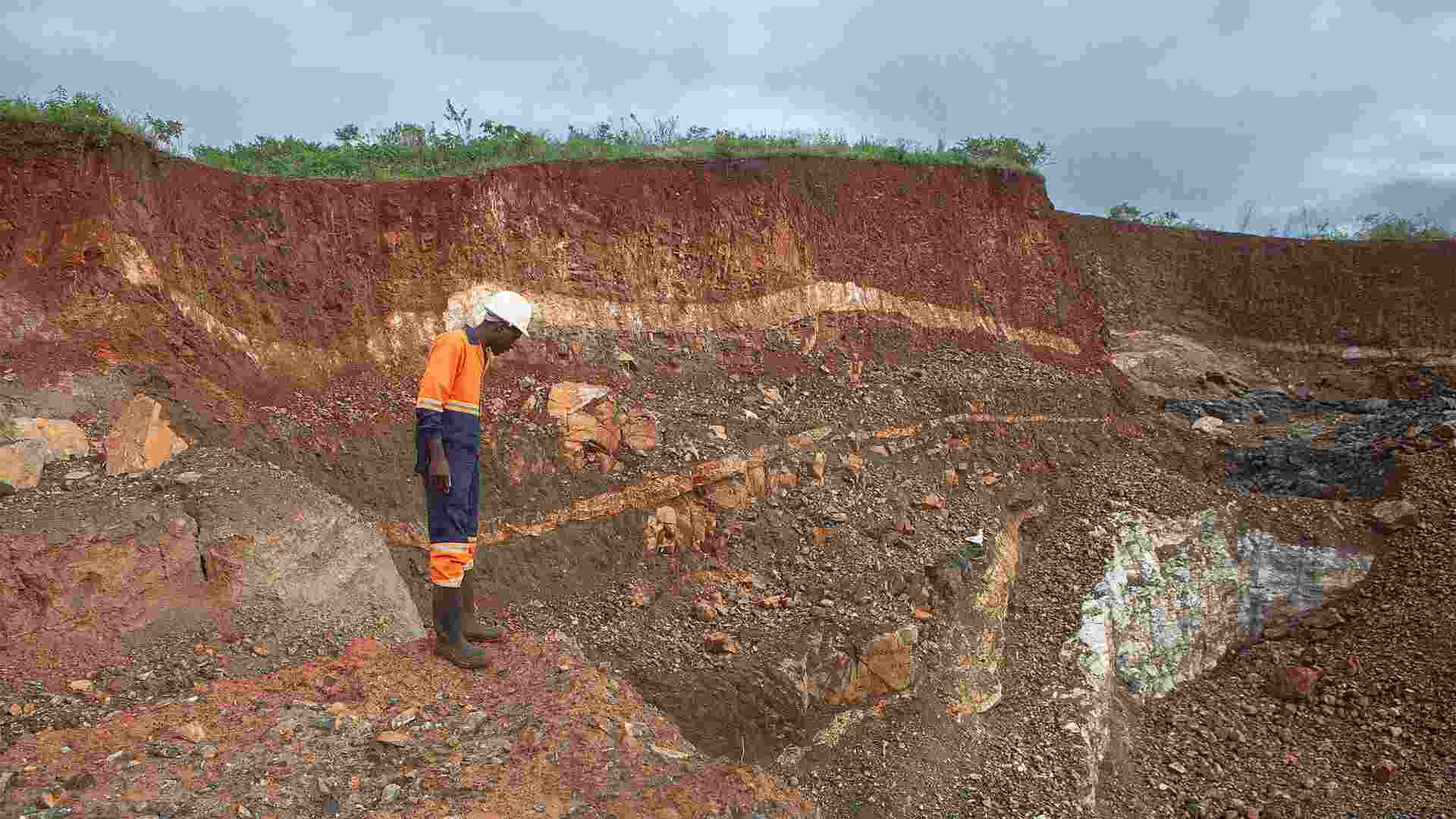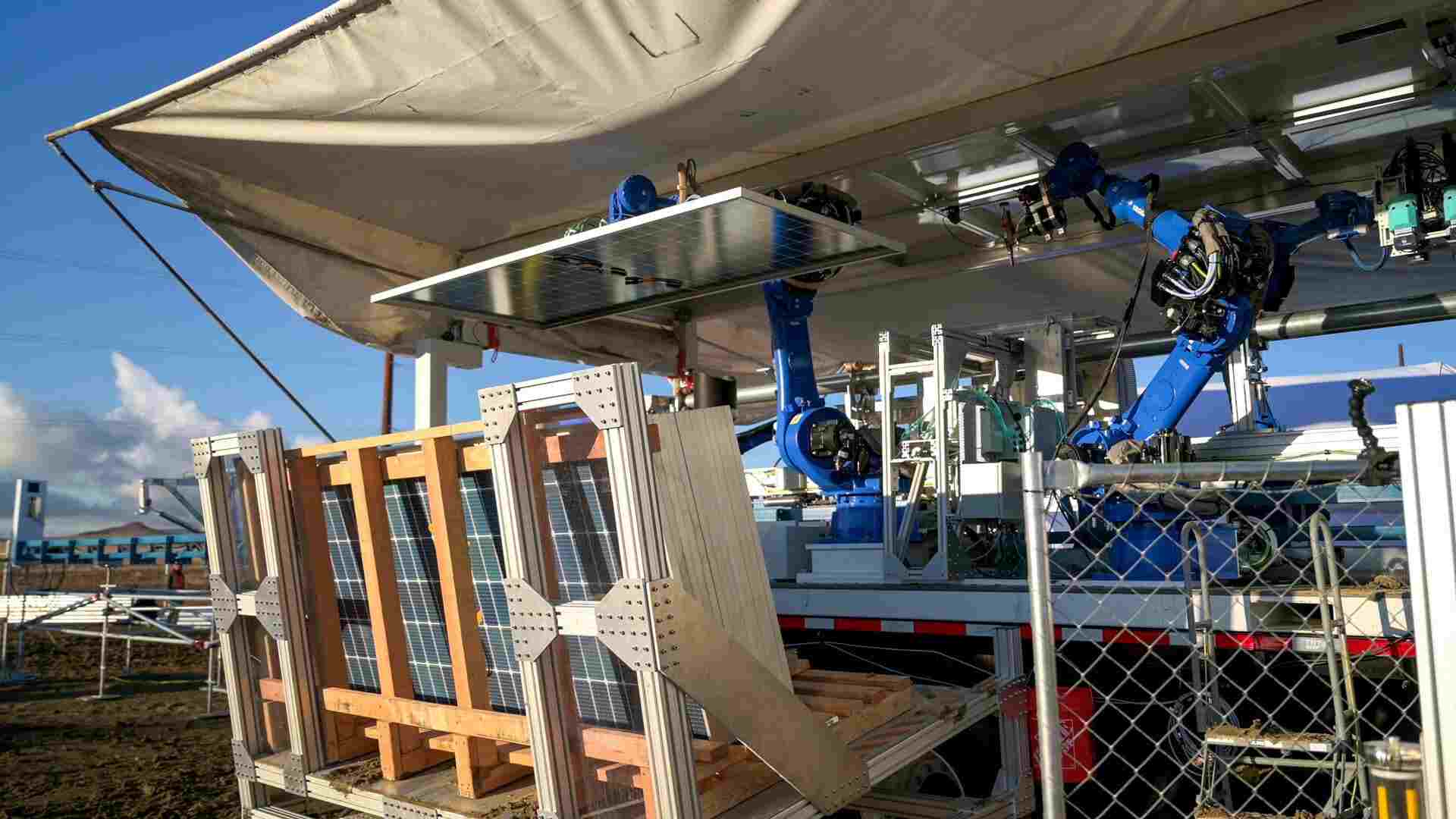- | 9:00 am
Lebanon’s startup ecosystem is struggling. Can the trend be reversed?
A casualty of the ongoing crisis in the country, startups face the challenge of the alarming exodus of talents and a lack of funding.

For the past four years, Lebanon has been crippled by a prolonged economic downturn, financial crisis, collapsing infrastructure, and political deadlock. These have had detrimental consequences on all sectors of the economy, especially the startup ecosystem leading to an alarming exodus of talents and dried-up funding on the innovation scene.
Fares Kobeissi, whose Bluering startup was established in 2017 to provide banks with software for credit risk and digital lending solutions, quickly mitigated the risks by moving part of operations outside Lebanon.
“When the crisis started in October 2019, we lost many clients in the banking sector,” says Kobeissi. “I could see that the situation was going to deteriorate further due to bad monetary policies and decided early on to relocate to Cyprus to be able to continue serving international clients.”
“However, we kept the kitchen in Lebanon,” he adds. “We had a big office in Beirut Digital District, which we closed and kept just a small space as a back office. Since the pandemic, the team has been working remotely from home and continues to do so. We were proactive in adjusting salaries and giving them the option to relocate outside Lebanon to prevent losing talent.”
According to an assessment on the impact of the crisis on the startup ecosystem in Lebanon carried out by German political foundation Konrad Adenauer Stiftung (KAS) in collaboration with digital hub Arabnet, titled Braving the Storm: Safeguarding the Lebanese Innovation Economy, 91.3% of startups were affected by infrastructure issues, 63% of talent who quit Lebanon prioritized moving abroad in search of safety and security, 54.3% of startups have moved at least part of their operations abroad, and 41.3% of startups lost pre-crisis funding deals.
LACK OF FUNDS AND FOREIGN INVESTMENT
“Many tech companies lost their most qualified employees and found it difficult to recruit new ones,” says Michael Bauer, KAS representative to Lebanon. “But the most detrimental challenge for the sector is the lack of access to capital, followed by problems with money transfers and international payments as well as talent drain.”
“Startups are coping differently with the challenges depending on their size. Early-stage companies struggle to ensure continuity, whereas later-stage companies are better equipped to deal with the challenges,” Bauer adds. Nadim Zaazaa, the Managing Partner of Nucleus Ventures, which runs incubator and accelerator programs for governments, universities, corporate clients, and international donors, has moved part of the company’s operations to the US. Initially funded by Lebanon’s Central Bank (BDL), the company had to find private investors after the Bank had stopped all funding in 2019.
“Most startups we supported between 2015 and 2019 have either shut down or left Lebanon to GCC countries with a few relocating in Europe and the US,” says Zaazaa. “Those who can afford it are keeping back offices in Lebanon because, with the currency’s devaluation, the cost of operation became cheap, but on the negative side, you have disruptions due to poor infrastructure, insecurity and instability, and political deadlock.”
The inability of local clients to pay in foreign currency, lack of access to foreign investment and capital, banking restrictions, and limitations to international monetary transactions are detrimental consequences forcing many startups to quit Lebanon or simply shut down. The Lebanese pound has lost more than 90% of its value since 2019. It had traded at LL 1,500 for $1 before a mountain of debt crushed the economy.
Zaazaa kept the biggest part of the company’s operation in Lebanon while working on international projects. “We try to get business in Jordan, Iraq, the GCC countries, Europe, and the US to survive,” he says.
LOSS OF TALENT
Another challenge that relatively young startups like Nucleus Ventures face is the loss of qualified employees.
“Most talents want to leave Lebanon even if that means lower income. They prefer working remotely for European and international companies with the hope that they will relocate abroad. This constitutes a big competition for Lebanese companies over human resources,” Zaazaa adds.
According to the KAS-Arabnet assessment, the exodus of experienced talents, especially in technology-related skills including development and coding, and specialized tech skills, such as data, analytics, and AI, in addition to marketing, created an “experience gap.” The impact was most detrimental to early-stage startups, while the exodus was primarily related to concerns over security and worsening living conditions.
For Ramy Boujawdeh, chief operating officer at Berytech, the first technology incubation hub in Lebanon, the startup ecosystem was hit by the loss of key players, including trainers, team members, and high-potential startups and organizations — all crucial in the creation and growth of the ecosystem.
“The most formidable challenge the ecosystem faces is political instability and uncertainty about the future. The lack of visibility and the absence of functioning governments are crucial reasons why people would not stay in Lebanon,” says Boujawdeh.
Before 2019 Lebanon already had poor infrastructure, including erratic internet connectivity and power supply. However, the startup scene was still functioning. “Today, they cannot open bank accounts and have no access to money, which are the basics of setting up a company,” adds Boujawdeh.
PEOPLE LOST CONFIDENCE
After the massive Beirut port explosion in August 2020, which killed more than 200 people, injured thousands, and devastated whole neighborhoods, people lost total confidence. Many talents and crucial players in the ecosystem were offered positions abroad, which they did not hesitate to grab.
Also, the government’s inaction has been counterproductive to recovery. The failure to officially determine the size and distribution of the losses in the financial sector has kept banks from resuming operations. Foreign investors’ appetite was severely affected, which has had a ruinous effect on many early-stage startups, while some were successful in raising funds from Lebanese expatriates.
Berytech still supports some 100 startups yearly in addition to tens of Small and Medium Enterprises (SMEs), providing them with seed funding and technical support.
“I see a lot of hope in people willing and wanting to make a change in the country. They have brilliant ideas, and we help them find funding, give them opportunities and link them with foreign markets. Not everyone wants to pack and go, but if the draining situation persists, we will lose them fast,” Boujawdeh says.
CAUTIOUS OPTIMISM
Ralph Khairallah, chief growth officer at Beirut Digital District, a cluster of 150 companies, also expressed cautious optimism.
“From day one of the crisis, we made sure companies working out of BDD would continue operating without power, internet, and other service interruptions. We positioned ourselves as a world apart inside Lebanon in the worst times,” says Khairallah.
He stressed that BDD is keen on creating an attractive environment for startups to operate and grow. “We want entrepreneurs to focus solely on their customers and employees and not worry about infrastructure. We are doing everything to retain talent in Lebanon and make them feel that this place appreciates them like anywhere else and provides them with opportunities.”






































